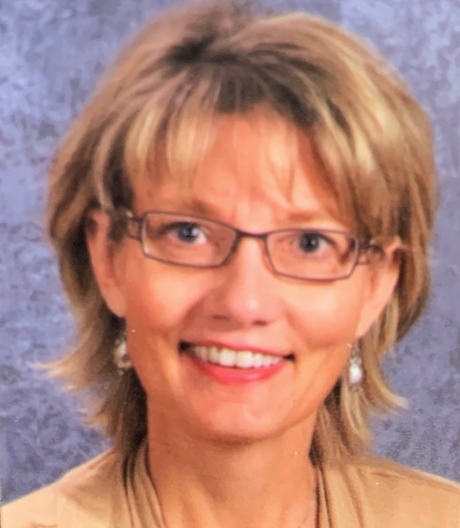G-A-M-E On: Tips for K-12 Teachers To Make The Most of the Virtual Student Experience

Those of us who have been in education for many years often harken back to simpler days of teaching and learning. In a way, we almost romanticize our own school experiences. Being in the midst of a pandemic has made us take a hard look at what our teaching and learning will or can be. And we are all looking at this with new eyes, literally, through computer screens, face shields, and plexiglass barriers.
Fall and the start of school, no matter if it is face-to-face, online, or a hybrid version, evokes many emotions for us. Excitement builds with the shopping of school supplies, meeting new classmates, and, of course, Friday nights under the lights! Even though football is sidelined in many high schools and colleges, for now, we can instill a “GAME on” attitude as we gain momentum into this school year. Here are some considerations to make your lessons effective and positive experiences for your students.
1. Goals: Setting goals is something all of us in education do almost automatically as a part of each lesson. What is it that we want students to be able to know and do? But a real difference can be made if these are shared with our students (and now also with parents or caregivers) at the onset of the lesson. Writing out the lesson’s goal in student-friendly, concise language will help the student and teacher remain focused and give the parents much needed direction. Going back and reviewing the goal at the end of your lesson solidifies what you hoped to accomplish. Students may discuss with parents or each other whether (or not!) they feel they met the goal. They may even have the opportunity to reteach to someone in a virtual or face to face interaction. Reciprocal teaching is a strategy with great power and effectiveness in the classroom.
2. Accessibility: Online learning requires just that- access to the internet for all. And online, there are hundreds of apps and sites that have been developed for student interaction. As educators, we need to be sure to use a consistent online space to manage class information, such as Google Classroom or even a Learning Management System (LMS) like Canvas or Blackboard.. Our students and parents need to be able to depend on a “home” they can visit that is simple to use and familiar to them. They can check in to find easy access to announcements, directions, other websites to visit, or assignments to complete. As our students feel more comfortable with online tools, they can use their time more efficiently and constructively.
3. Meaningful: Last spring, educators were faced with the change from classroom learning to online in the blink of an eye. In a very short time, they were asked to develop activities and lessons that would sustain some sort of teaching and learning, all without much direction or professional development. Were these developed lessons always meaningful? No. Were they oftentimes busy work to, at the very least, keep students engaged in some sort of academic activity? Yes. But now, we are better prepared. Students, parents, and teachers know this learning matters and will make a difference. Our challenge as educators is to figure out how to make our lessons meaningful and effective. What we ask of students now, can look very different than what we asked for in April. Student-driven tasks or choices within an area of study can heighten interest and motivation. Assignments do not all have to be completed in one day but layered as higher-order thinking skills are used. Writing pieces can be shared with peers or parents and responses added to help a young writer develop clarity and voice. Families can become engaged in discussions centered around a current book or short story. These interactions with peers and families can make learning more meaningful for all.
4. Enriching: The obvious response to this word is to plan our lessons to be as enriching as possible. That’s wonderful and right. But what is very important to remember is how you as a teacher/educator/administrator have the unique opportunity to enrich young lives. All of this important work you do makes a difference. The struggles and the ups and downs are all worth it. Online, face-to-face, or a hybrid plan all present perfect scenarios for us to make lives better. Even the on-screen smile and voice of encouragement have the potential to enrich lives. And a few corny jokes along the way can’t hurt either!
Schools are changing direction as we speak. What we write or do or plan today may have a completely different look tomorrow. How do we best engage and enrich our children’s lives, with meaningful lessons and accessibility for all? It’s not easy work, but teachers can, and should do it.

Diane Noonan has been an educator for 36 years in a small midwestern school in Iowa, teaching both elementary and middle school children. She received her National Board Certification in 2001 and has also been an instructional mentor to new teachers for the past 20 years. Diane is passionate about creating classrooms where students feel a sense of belonging and develop a true love of learning.



